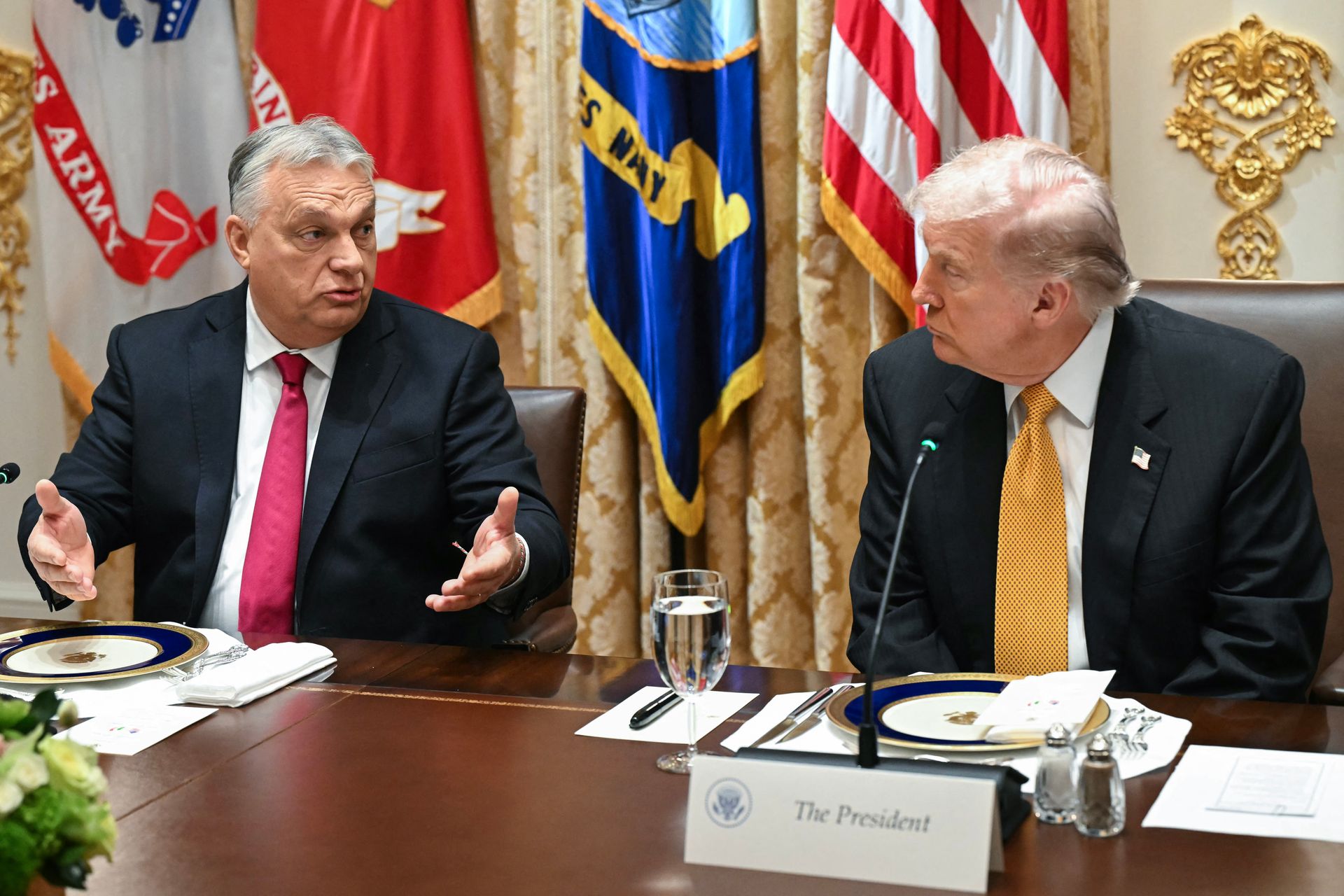Russia's Lavrov says he is ready to meet Rubio in person to discuss war in Ukraine

Russia’s Foreign Minister Sergey Lavrov says he is ready to meet U.S. Secretary of State Marco Rubio in person to discuss the war in Ukraine — which he called the "Ukraine issue" — but reiterated a hardline stance on Russian interests that must be addressed for Moscow to end its war.
"We, together with Secretary of State Marco Rubio, understand the need for regular communication — it is important for discussing the Ukraine issue and for advancing the bilateral agenda," Lavrov told Russian state media RIA Novosti in an interview published Nov. 9.
"Therefore, we talk on the phone and are ready to hold in-person meetings whenever necessary," Lavrov said.
Various media outlets recently reported that Washington had cancelled a planned summit between U.S. President Donald Trump and Russian President Vladimir Putin after Lavrov’s ministry signaled it would not soften its demands over Ukraine.
Lavrov last spoke with Rubio by phone on Oct. 21 to discuss terms for the summit, set to take place in Budapest, after which Rubio reportedly recommended that the U.S. president cancel the planned meeting.
Sources familiar with the talks told Reuters the cancellation stemmed from the Kremlin's rigid negotiating stance, which demanded excessive concessions and refused to accept a ceasefire in Ukraine.
Other reports have said Lavrov's influence in the Kremlin had waned after a conversation with Rubio reportedly led to the cancellation of the planned summit. The Kremlin has denied the speculations, but the top official was notably absent from a key meeting chaired by Putin on Nov. 5.
In his interview with RIA Novosti, Lavrov reiterated Russia’s long-standing demands, particularly that the war's "root causes" be addressed — a sign that Moscow has little interest in softening its position — while also echoing familiar Kremlin talking points about Crimea, which Russia has occupied since 2014.
"Let me reiterate that, in our view, ending the conflict is impossible without taking Russian interests into account and eradicating its root causes," he said.
Russian leaders, including Putin and Lavrov, have made the vague notion of the war’s "root causes" — which they blame on an aggressive West — a central justification for the war in Ukraine and refusal to agree to a ceasefire.
"As for Crimea and Sevastopol, the residents of the peninsula exercised their right to self-determination in a referendum back in March 2014, voting in favor of reunification with Russia," Lavrov also said, adding that the "issue of the peninsula's sovereignty is settled."
Russia moved to invade and annex Crimea in 2014 in the wake of Ukraine's EuroMaidan Revolution, pushing through a referendum for the peninsula's breakaway from Ukraine. Numerous international reports showed that the referendum's results were falsified.











